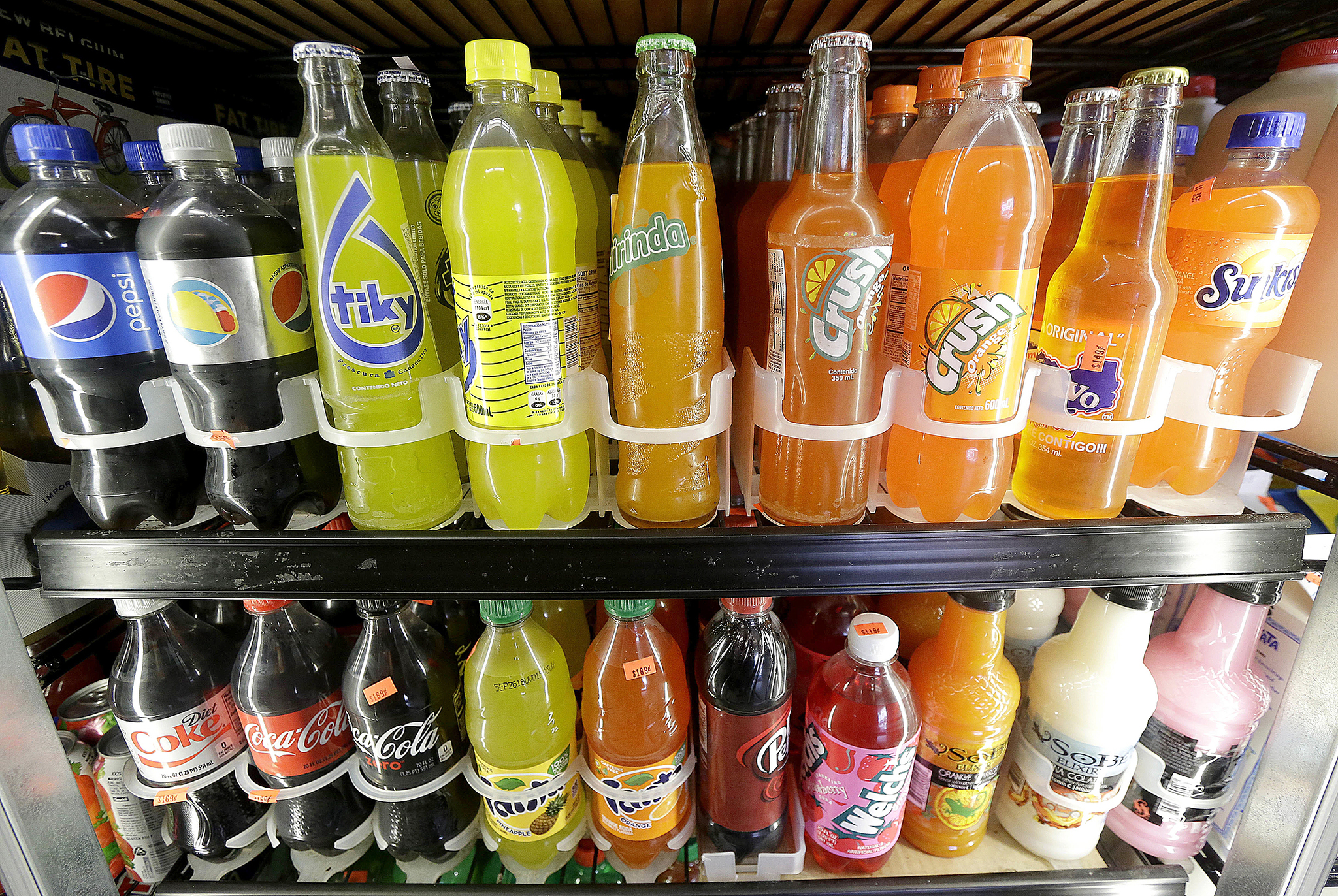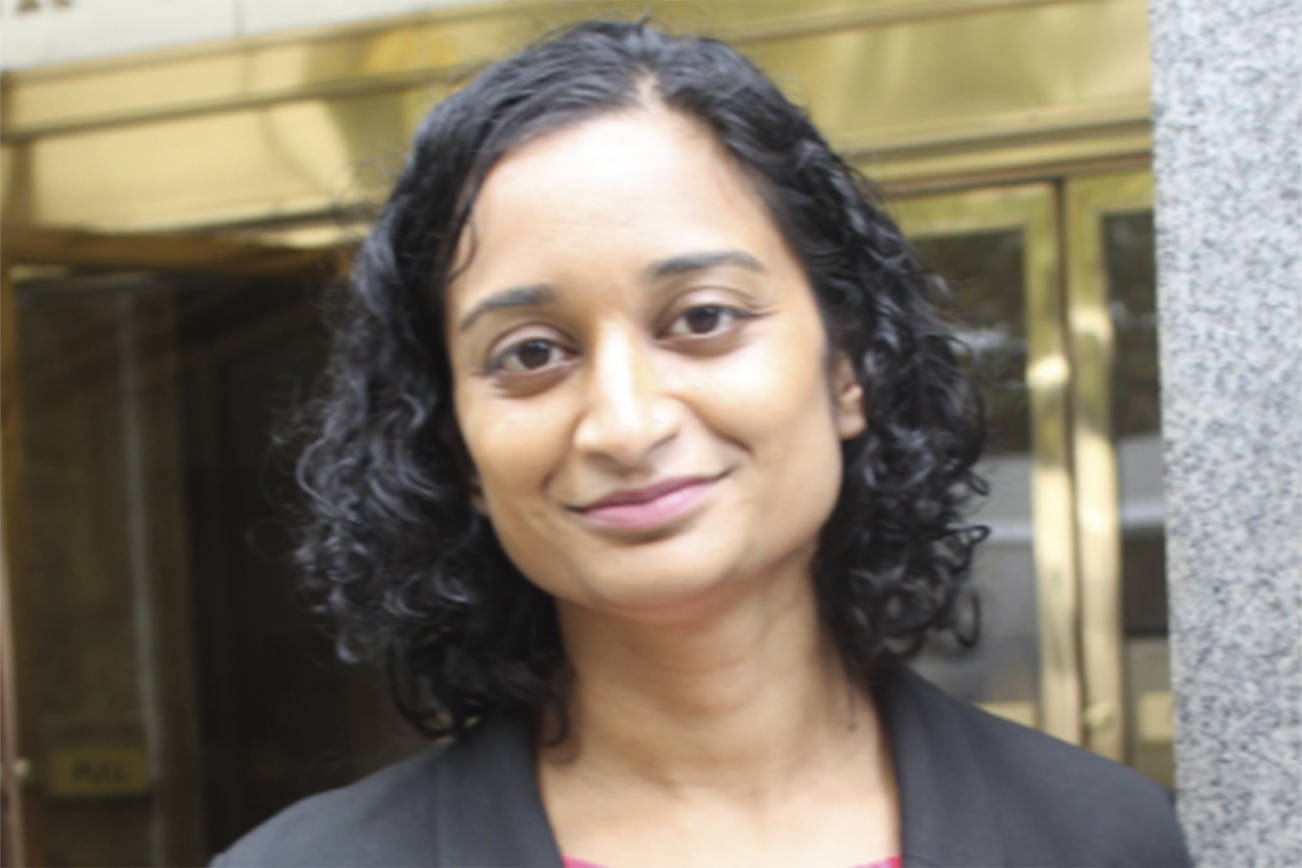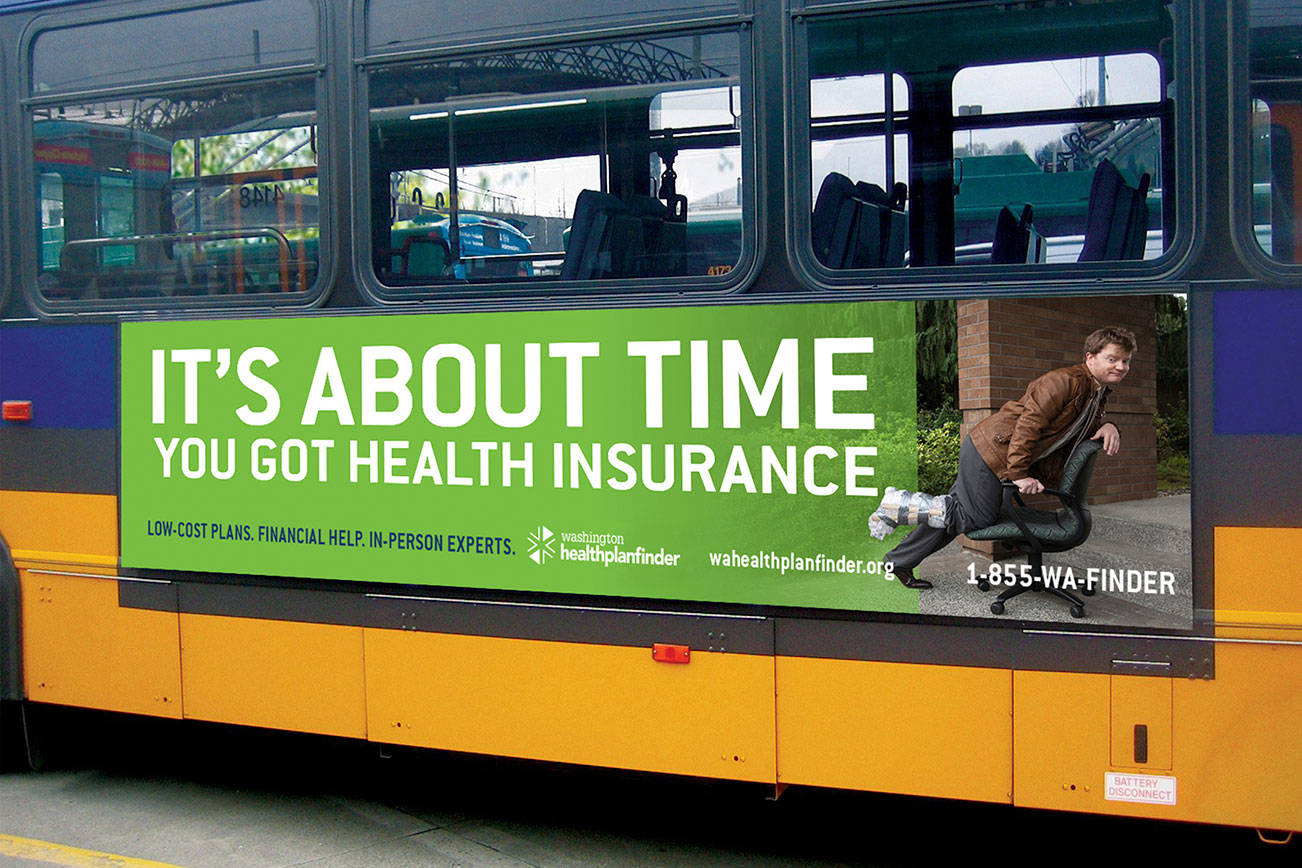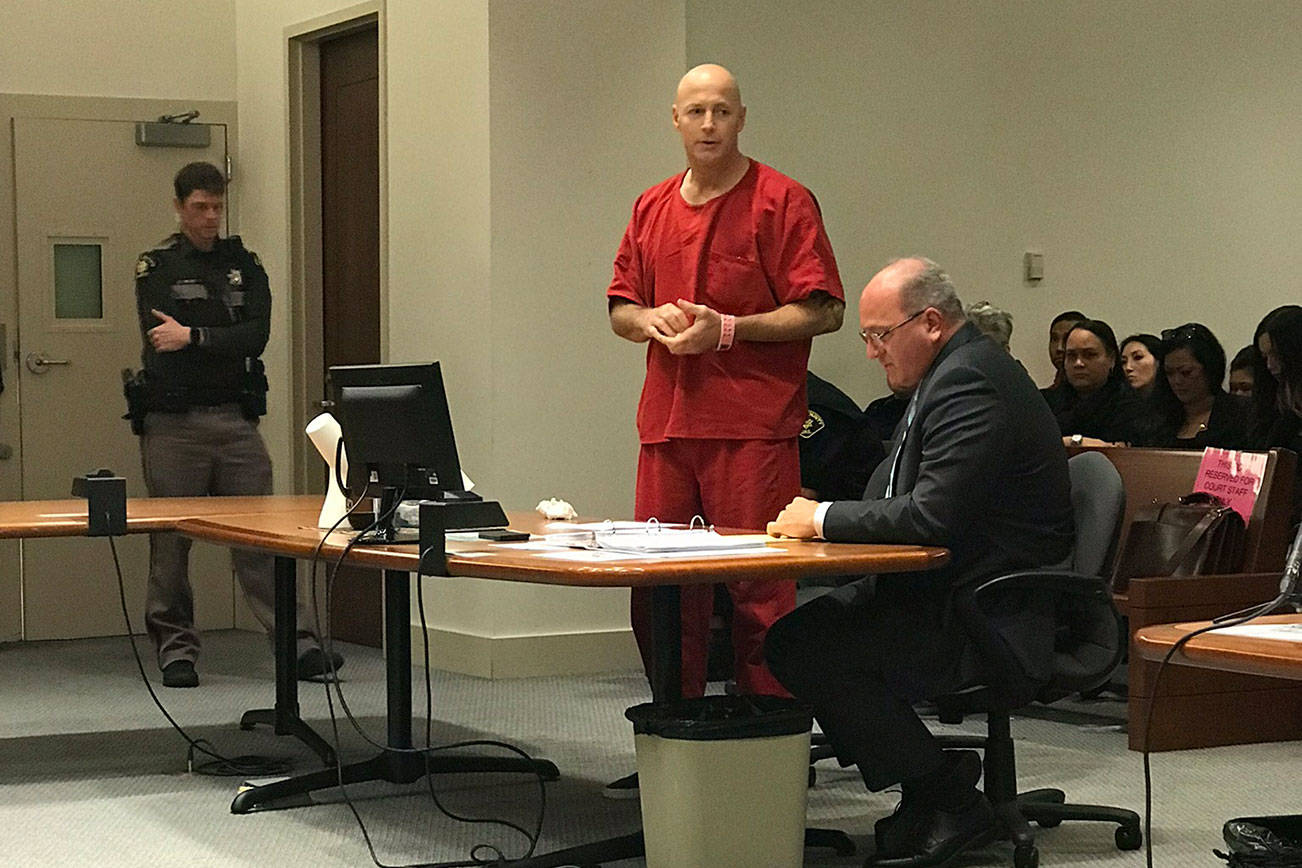Last Wednesday, a Seattle City Council committee voted 5-2 in favor of a proposal to tax sugar-sweetened beverages—aka a “soda tax”—after a flurry of amendments. The final legislative package is expected to be voted on today.
Here’s what you need to know about City Hall’s run at your ice-cold Coca-Cola.
What the Legislation Does
The proposal, as it currently stands, would tax distributors of sugar sweetened beverages at a rate of 1.75 cents per fluid ounce, while exempting small manufacturers and distributors by charging them a lower rate of one-cent-per-ounce. Diet drinks would be exempted. Council staff estimate that the proposal will generate just under $15 million annually, revenue that would be directed towards nutrition education programs in minority and low-income communities, the city’s childhood development program Birth to Five, and the 13th Year Scholarship. Additionally, in response to concerns from labor unions that the tax will result in job losses in the soda and beverage industry, the new legislation includes a $1.5 million funding allocation from the first few years of the tax for job placement and retraining for laid off beverage industry workers.
How the Legislation Has Evolved
The tax has gone through a sequence of revisions since Mayor Ed Murray first announced the proposal back in February of this year.
First his proposal was two cents per fluid ounce. Then, in late April, Murray announced that his office was amending the tax to include diet beverages to widen the tax base—and take into account the fact that diet sodas are consumed at higher rates by whites and affluent individuals—and reduce the tax rate to 1.75 cents per fluid ounce.
More changes came to the legislation during its final hearing in the Affordable Housing, Neighborhoods, and Finance Committee. First, taxes on diet drinks were removed, over concerns that it would ruin the very incentive against sugar the tax was designed to create.
Council also threw a bone to some local businesses.
Councilmember M. Lorena Gonzalez introduced an amendment to bring down the tax rate for sugar sweetened beverage distributors that earn between $2 million and $5 million annually—Rachel’s Ginger Beer was the cited example—to appreciate the razor-thin financial margins faced by small businesses and to incentive small business growth (the legislation wholly exempts businesses who earn less than $2 million annually). Councilmembers Mike O’Brien and socialist Kshama Sawant squirmed at the prospect of taxing beverages marketed to higher income consumers at a lower rate than their low-income equivalents, and voted against the amendment (which sailed through anyways with approval from the rest of the present councilmembers).
Ultimately Councilmembers Sally Bagshaw, Gonzalez, Burgess, O’Brien voted in favor of the tax, while councilmembers Herbold and Sawant dissented. Councilmembers Bruce Harrell and Debra Juarez were absent for the vote; however, given the five votes in favor already, the tax is expected to pass Monday.
Where Special Interests Stand
Outside of City Hall, the proposal is one that pits a variety of constituencies against each other (and formulates non-traditional alliances). Labor has sided with business interests, such as small business owners, the Seattle Metropolitan Chamber of Commerce, and the American Beverage Association in condemning the tax arguing that it will kill jobs in the beverage industry. Back in early April, a group of 150 small businesses in Seattle called on Murray to back off the tax for similar reasons, under the broad banner of Keep Seattle Livable For All, a coalition of said businesses partially organized and funded by the American Beverage Association. (The American Beverage Association has lobbied vigorously against soda tax initiatives in other cities and has spent millions to halt public health policies aimed at reducing American’s soda intake.)
The day after the council committee approved the tax package, the King County Labor Council and the Chamber put out a joint statement condemning the tax as a job-killer and called on the council to “shelve plans to impose a tax on sweetened beverages that will wreak economic harm on small businesses and working families alike.”
One the other side, Public and community health advocates have supported the city in favor of the tax, arguing that soda and other sugar sweetened drinks are a major driver of obesity and diabetes rates and disproportionately impact minority and low-income communities and that similar taxes enacted in other cities have helped reduce soda consumption. Supporters include Southeast Seattle-based social and climate justice group Got Green, the Save the Children Action Network, the Seattle Healthy Kids Coalition (which is chaired by medical and administrative staff from El Centro De La Raz), and physicians and economists.
Pro-tax speakers who testified on Wednesday cited successfully implemented soda taxes in Berkeley, California, and Mexico; studies have shown that the Berkeley soda tax—which was enacted back in 2014—cut soda consumption, lining up with similar results from a nationwide soda tax in Mexico (which also passed in 2014).
“As an economist, I can say with confidence that these sugary drink taxes do work. They effectively change people’s behavior and this something we’ve seen in cities across the U.S. and in Mexico where diabetes is a public health epidemic that is driven in part by sugar drinks,” said Melissa Knox, an economics professor at the University of Washington. “The sugary drink tax that we’ve seen in Berkeley for example, it helps producers and consumers internalize the true costs of drinking sugary drinks at the time of consumption rather than let the soda industry to just defer those costs onto consumers and society at a future date.”
news@seattleweekly.com








